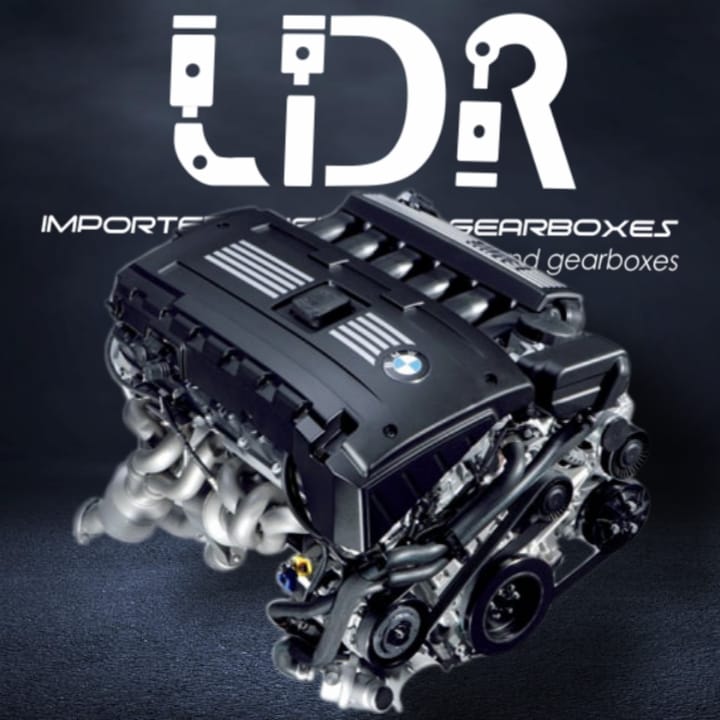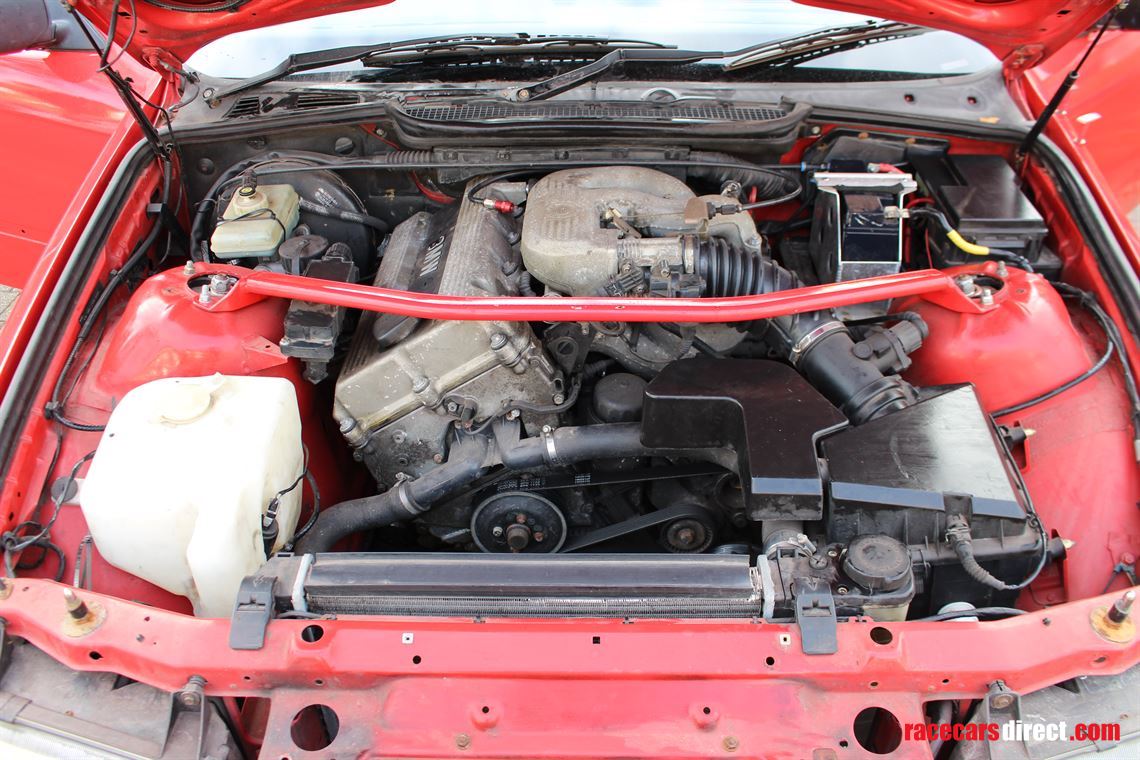BMW 318ti: A Comprehensive Guide to This Compact Powerhouse
BMW 318ti: A Comprehensive Guide to This Compact Powerhouse
Blog Article
Essential Considerations for Choosing the very best Engine for Your Needs
In the world of selecting the ideal engine to satisfy your requirements, a number of essential variables demand thorough consideration to make sure optimal efficiency and effectiveness. From the nuanced equilibrium between power and performance to the often-overlooked elements of maintenance and service requirements, each element plays a crucial duty in figuring out the most ideal engine for your certain needs. As the complexity of engine modern technologies remains to advance, critical the most fitting option requires a deep understanding of the interaction between various factors to consider. By discovering the complex internet of variables that underpin this decision-making process, a clearer course arises towards picking an engine that not only satisfies however exceeds your assumptions.
Power and Performance
When assessing engines for optimum performance, it is critical to prioritize both power outcome and effectiveness. Efficiency refers to just how well the engine transforms fuel right into functional power. By thoroughly reviewing both power and efficiency, you can choose an engine that supplies optimum performance and satisfies your requirements efficiently.
Fuel Effectiveness and Economic Situation
Fuel effectiveness refers to the engine's ability to transform gas into power with very little waste, directly impacting operating prices and ecological sustainability. Engines with higher gas effectiveness not only reduce gas costs however also decrease carbon exhausts, contributing to a greener procedure.

Compatibility and Application
Considering the fuel performance and economy of an engine, the next critical aspect to address is its compatibility and application within certain functional contexts. Compatibility refers to exactly how well the engine incorporates with the overall system or equipment it powers.
In addition, the application of the engine is equally crucial. Various engines are designed for particular functions, whether it be commercial equipment, marine vessels, vehicles, or power generators. Comprehending the intended application permits the choice of an engine that can supply the needed power output, torque, and operational qualities. For example, a high-revving engine made for efficiency cars would not be appropriate for durable building devices that needs high torque at reduced rates.
Upkeep and Service Demands
Upkeep and solution requirements play a critical role in making sure the longevity and optimal performance of an engine. Routine upkeep is vital to stop failures, extend the life expectancy of the engine, and preserve its performance. When picking an engine, it is very important to consider the producer's suggested upkeep timetable and the availability of solution centers or certified specialists.
Variables such as the regularity of oil adjustments, filter replacements, and general assessments can considerably affect the engine's efficiency. Some engines may call for even more frequent servicing based on their design and usage, while others may have longer periods in between upkeep checks. It is essential to follow these solution needs to stay clear of pricey fixings and unforeseen downtime.

Expense and Budget Factors To Consider
When selecting an engine for a certain application,Spending plan restraints commonly play a considerable duty in the decision-making process. When considering the expense and budget ramifications of choosing an engine, it is necessary to evaluate not just the initial acquisition price however likewise the long-term costs connected with maintenance, gas consumption, and prospective upgrades or repairs. It is important to strike an equilibrium between the in advance price of the engine and its general lifecycle expenses to ensure that the selected engine continues to be financially lasting throughout its functional lifespan.
Aspects such as gas integrity, performance, and resilience can straight influence the total cost of ownership of an engine. While a more expensive engine may have greater in advance expenses, it might potentially result in lower upkeep and fuel costs gradually, thus using far better value in the lengthy run. Furthermore, considering the availability and cost of spare components, along with the convenience of maintenance and solution, can aid protect against unanticipated economic pressure in the future. By meticulously examining these price and budget i loved this factors to consider, you can make an enlightened choice that lines up with your monetary constraints and operational needs.
Conclusion

Fuel effectiveness refers to the engine's capacity to convert fuel right into power with minimal waste, directly affecting operating prices and environmental sustainability.Elements affecting gas performance include engine design, official site combustion performance, and total performance optimization. Additionally, choosing the proper gas kind and grade as recommended by the engine producer can additionally boost performance and prolong engine life-span.
Engines with good use attributes and conveniently offered parts can reduce maintenance costs and reduce the time the engine is out of operation - bmw 318ti. It is vital to strike an equilibrium in between the ahead of time price of the engine and its total lifecycle prices to make certain that the picked engine continues to be monetarily lasting throughout its functional life-span
Report this page